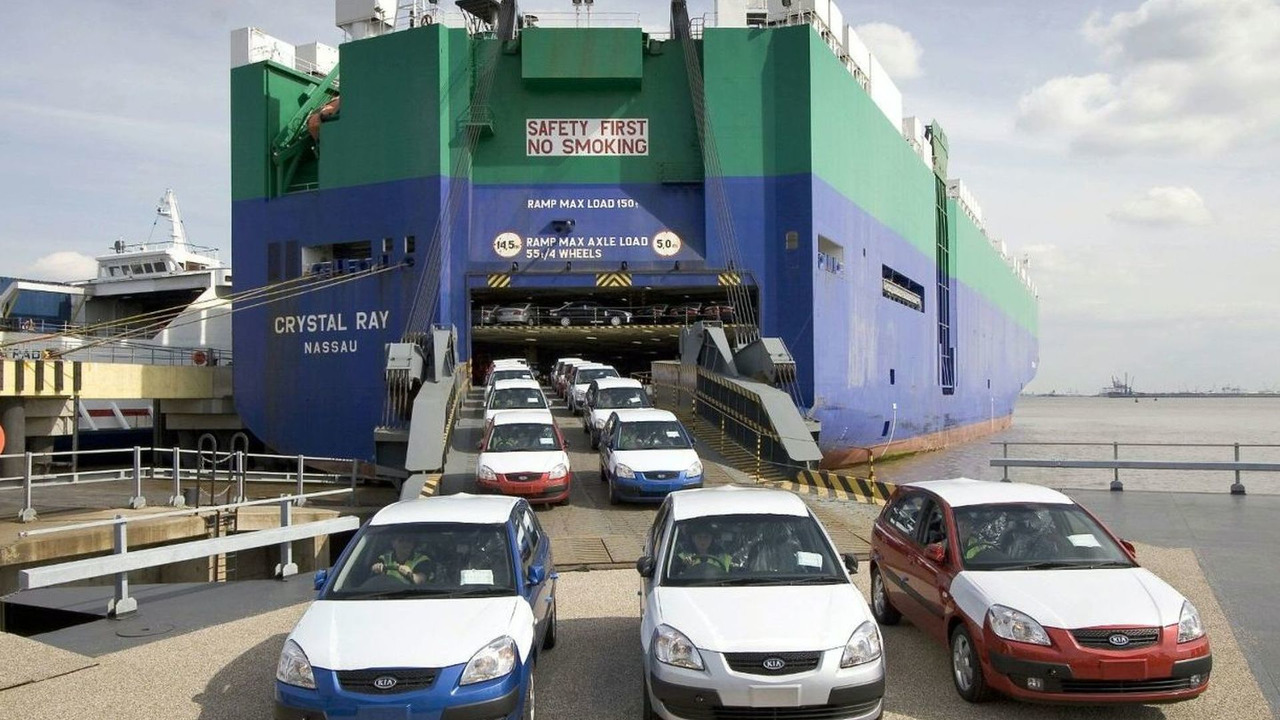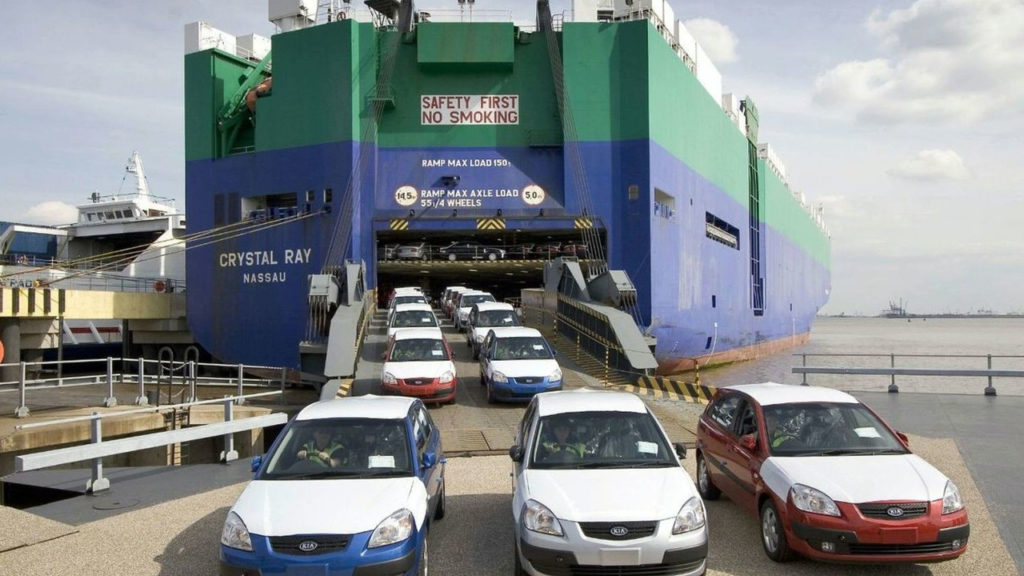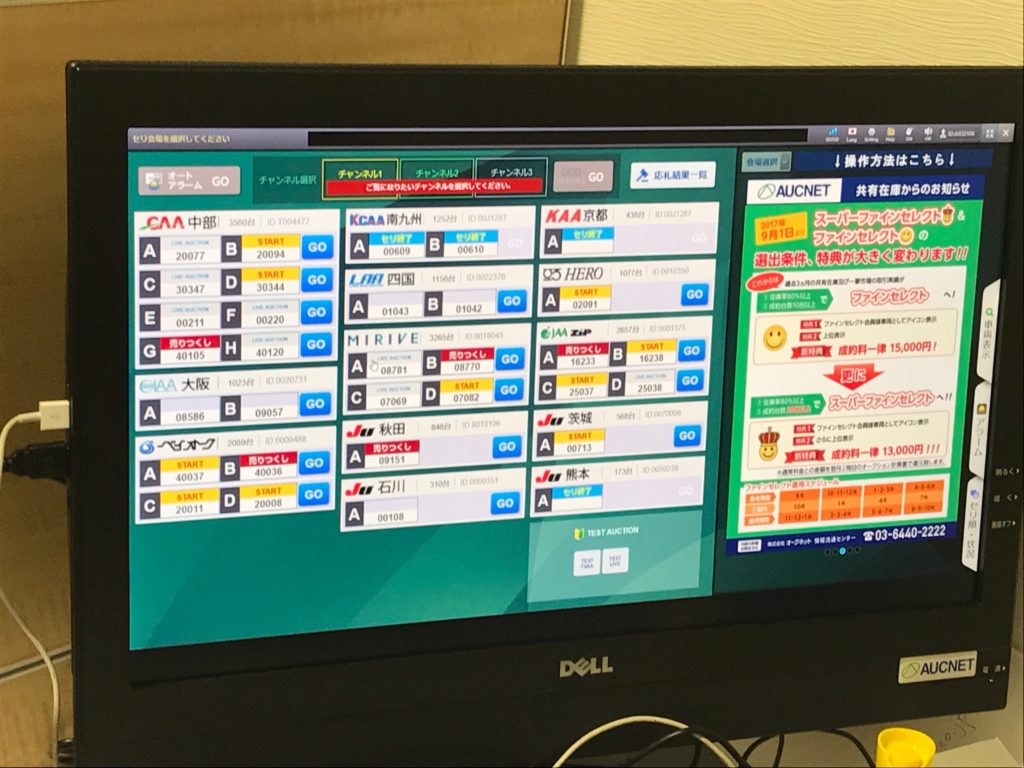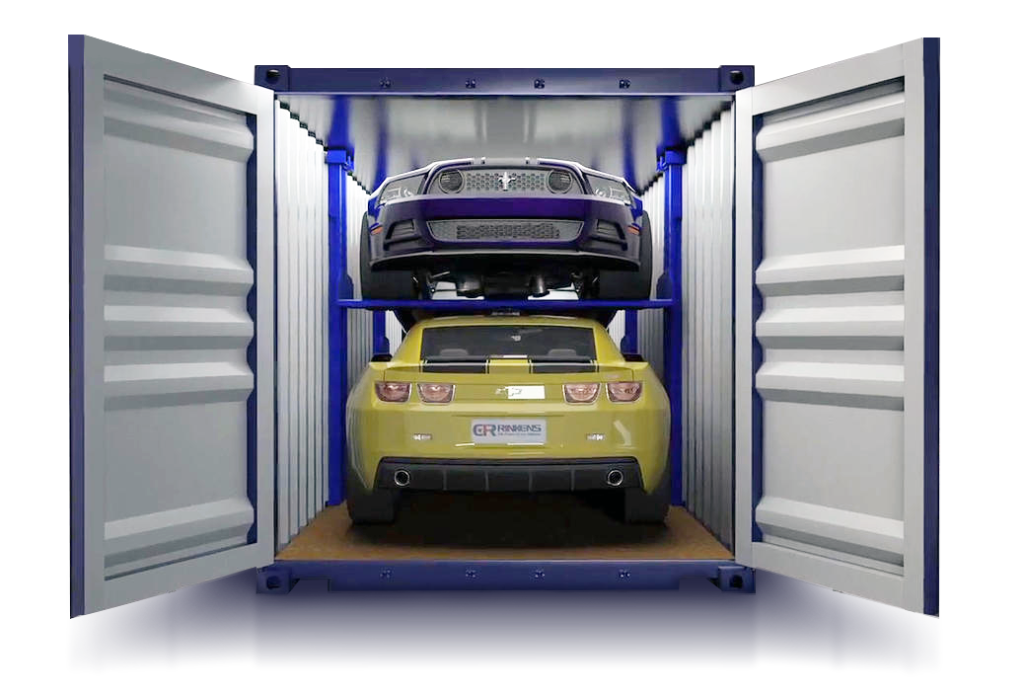What You Need to Know to Buy a Car from Japan: Information for African Consumers


Source: Public Domain
By Mohamed Muse Hassan
Because of the current economic situation in Africa, majority of African consumers prefer to buy used cars; and if the car is imported from Japan, they don’t spare more time to check its quality because they associate Japan with quality. But Africa is price sensitive. VERY SENSITIVE.
Therefore, even if cheap automobiles are available, there is no direct connection between African consumers and Japanese car dealers; rather there are country representatives that connect them (and maybe increase the prices). The reason is that African consumers don’t know where to start and who to contact: the know-how is missing here. Therefore, this piece will help African consumers with that useful information; hence, save money for them. We’ll use Somalia, sometimes, as an example to explain the supply chain management process in lay terms.
First of all, Japanese people buy new cars from New Car Shops and they use the car for some time (I don’t mean here there’re no Japanese people who buy used cars. Of course, they do). Then, a time comes when they prefer to lease/change/sell their cars for different reasons. They can lease using the Leasing Shops; or sell directly to Car Purchase Shops, Used Car Shops, or Dismantling Shops. They can even put their cars in the Auction Car Markets.

In addition to buying directly from consumers, these different shops can also buy used cars from the auction market, as shown in the diagram. World Lead Co., Ltd. and Mitsuoka Group are examples of Japanese car dealers that acquire used cars through this process and then sell to overseas consumers. The advantage here for African consumers is that they can directly contact these dealers through their websites (Japanese companies are very responsive in responding to inquiries, I can tell you. Email has a different meaning here than Africa).
Who Handles the Logistics/Shipping?
The price listed on the dealers’ websites is just the FOB prices, which means it’s ONLY the cost of the car. It doesn’t include the freight, insurance, vanning, clearance, terminal handling, and inspection costs. All these activities are handled by logistics companies. ECL Agency Ltd.is one of the most popular shipping companies exporting used cars in Japan. They do check the condition of the cars, radiation tests, pre-export inspection, and custom clearance.
But the good news is that you don’t need to know and worry about these logistics companies and their operations. Car dealers have contracts with them and will deal with them. Therefore, car dealers, on consumers’ behalf, will ship the automobiles using these companies. What you need to know is that there are costs other than just the prices listed on the websites. Remember, the final price to receive the automobile in your port is called CIF price (Cost, Insurance, and Freight).
Shipping Options Available
What makes automobiles more expensive is the shipping method used. Generally, there are two overseas shipping options: you can ship your vehicle in a container or ship via Roll On, Roll Off (RORO). RORO method is the cheapest and simplest way of shipping automobiles. This means companies use RORO vessels and load the cars into the vessels and ship them to overseas destinations. But the challenge is that this service is not available to all countries because companies need enough orders to fill the vessels. The most popular African ports for RORO shipping is Durban, Mombasa, and Dar es Salam. RORO is a very cheap option for ‘individual’ Somali consumers if they use Mombasa port as a transit.

The other method is using a container which is more expensive than the RORO option. Each container can take maximum 6 small cars. This is a big challenge for individual consumers who need ONLY ONE car because it’ll cost them a lot. They have to cover all the container cost themselves. But if consumers can order together as a group and share the container shipping costs, then it’s a very cheap option (almost the same as the RORO option). Plus, they get the cars shipped directly to Mogadishu, Berbera, or Kismayo ports.

So that’s the supply chain management process of used cars business in Japan. I know this information is worthy money, but I myself am a consumer and I know the confusion of information asymmetry for consumers. No company or representative should manipulate us (consumers) just because we lack the right information. Information is POWER. And this post, hopefully, makes African consumers more POWERFUL. At least in the used car industry.
The author is a post graduate student at Ritsumeikan Asia Pacific University in Japan